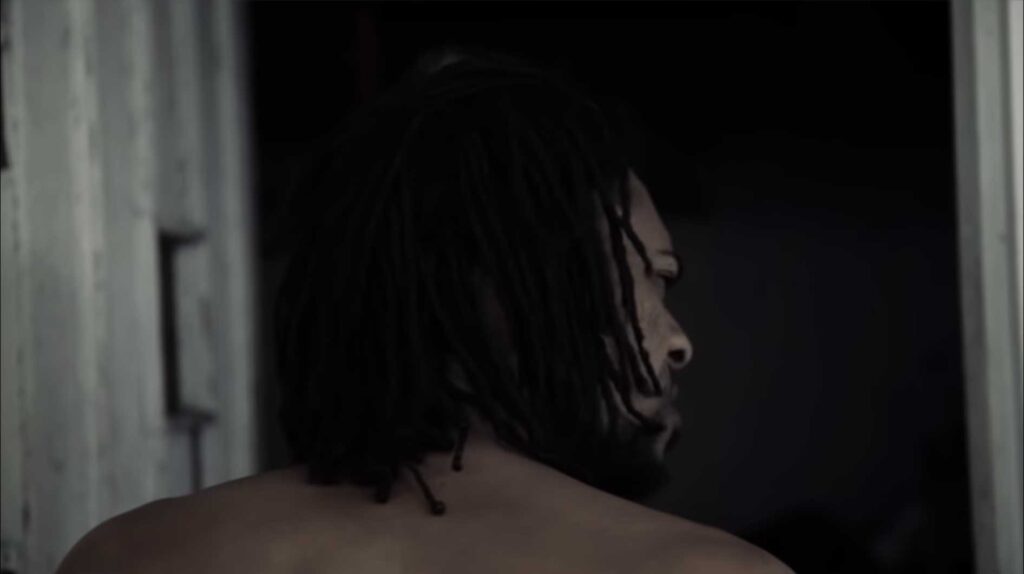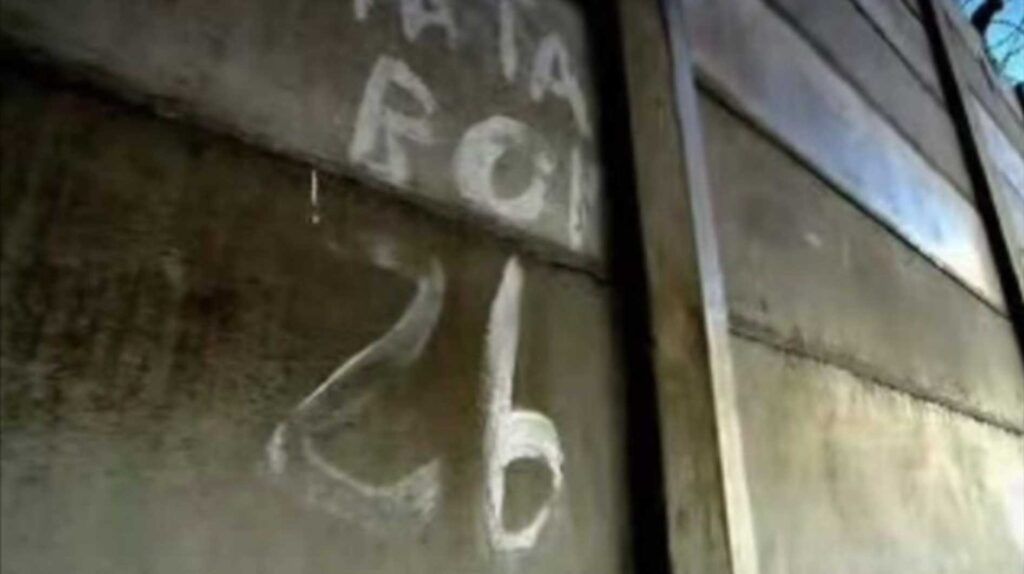DEON MAAS
MUTANT - a crucial documentary film by Nthato Mokgata and Lebogang Rasethaba
Hip-hop, together with the other two old school DIY genres – punk and metal, is a worldwide phenomenon. No matter where you are, you will hear music created in this genre in whatever the prefered local language of rebellion is. In this sense it is truly unique, a pre-Google sound that used universal brotherhood to replicate its message and adapt or adjust to the local issues. A virus that grew without restriction where it was fertile for it to nest. It gave a lot of musicians the opportunity to have their voices heard, musicians that may have been silent otherwise. Hip-hop was the platform that was the open mic every night. It opened the door and stepped on the feet. It served as a levelling ground that didn’t care about your background, just about your message. It bonds and unites serving as a universal brotherhood where everybody can feel at home.
That’s the lie we’ve been sold all along. We all know this is bullshit. That hip-hop where it stands now is about bling and ching and who you know and how you are connected. And never more so than in Cape Town. Like the community that it’s from, Cape Town hip-hop is broken and disorientated. A movement without a father that is so compartmentalized that your listening habits are determined by your geography and circle of friends.

In die land van die blindes is die eenoog koning and never has this idiom been more true than in the Cape Town scene where the crayfish syndrome of dragging each other down rather than supporting each other, has become a religion. Where fierce battles rages parkie to parkie and block by block amongst warlords who each reign supreme over the three houses that border their parents’ property, protected by three of the seven guys that downloaded their latest ‘single’ via Bluetooth.
No matter how much money or talent you throw at Cape Town hip-hop, it will never make a dramatic impact anywhere because the people are too busy fighting and insulting each other and making sure that no-one can be more successful than them – no matter the cost.
So please welcome the elephant in any room, Isaac Mutant.

Mutant has one advantage over all other Cape Town rappers: He hates everybody.
He does not choose sides. He fearlessly stands on top of the biggest dung heap like a King Miskruier using his words to humiliate, justify and cut his opponents off at the knee. And for some reason they listen to him. Not only that, they are scared of him. They will never contradict him. In private perhaps, in the holy inner circle of those most trusted comrades, true feelings about Mutant’s opinion may be raised. But no-one will ever contradict him in public. This is because Mutant is always right and Mutant represents the truth in its most fundamental form and to contradict him is to admit that you are a commercial sell-out who is only in it for the money. He may not have money or status, but his words elevate him above the average.
South Africa has a history of treating some of its most innovative musicians like lepers. David de Lange, Ben Sharpa, DJ Spoko and possibly even Junant Petersen were pioneers that never received their due from the public and therefore died in poverty and semi-obscurity, remembered only by a few diehard fans and music history boffs.
With Mutant set to join this ever growing list at some point in the future, and we can all really hope that it’s still far in the future, it is perhaps time to start looking at the legacy that he has created this far and how it fits into the wider narrative of the politics and sociology of our day.

In step the duo of Lebogang Rasethaba and Nthato Mokgata, who first impressed with The Future Sounds of Mzansi documentary, to tackle the unenviable task of trying to put the complex character of Isaac Mutant in a box and explaining it to us, the viewer. And they don’t waste any time. The first words uttered in the doccie are about the term ‘Coloured’ and we’re obviously off to a good start.
Rasethaba and Mokgata are both stylistas, less known for their story-telling skills than their ability to just create a platform where things kind of unfold and a narrative starts taking shape over a period of time. This works well in the context of Mutant and his story because the film, shot over a period of a few years, sees a man going through the process of changes as he becomes older and more settled, realizing that he cannot change the world but he can still talk about its wrongs.
Mutant’s philosophies are interesting, if not unique. He is not a new Aristotle, Dostoyevski or Nietzsche, but rather a street poet whose inability to hold down a job has given him more time to think his shit through than the average guy. This makes for mesmerizing watching as he unfolds ideas in front of the camera, at one point even surprising himself with the point that he comes to – ‘never thought of it like that before’ he tells the viewer – or is it perhaps himself he’s talking to? He’s the Lone Ranger, still looking for his Tonto.

Even though it is impossible to separate so-called ‘coloured’ identity and Cape Town hip-hop, at certain points towards the middle of the film I am confused as to what documentary I am watching. I am also losing my place. I don’t know where in the story I find myself because the filmmakers are jumping across years worth of footage. But I regain my foothold and soldier on.
And then I wonder where the rest of his crew is. Mutant has a history of shooting himself in the foot, but he has a tendency to shoot fellow band member in more sensitive places. He has a braai over his burnt bridges and instead of asking the Kaapse hip-hop royalty about what they think of Isaac, the filmmakers cop-out. I am sorely missing the ex-band members’ opinion of the man. (And on that note, just a little aside: Is YoungstaCPT the right man to talk about Mutant? It looks to me as if all those white clothes that he wears will dirty very quickly if he hangs out in the Mutant Universe).
But let’s not get sidetracked.[1]Actually one more point of criticism… If you are talking about the Afriforum issue, I would actually either like to hear their version of why they did what they did or at least see some archival footage to put the case into perspective. That was some real sloppy filmmaking.
Even with these omissions the film is a tour de force and an important musical and political statement. It not only looks at where hip-hop and Mutant is at this stage, but also, perhaps more importantly, where South Africa is. The area where Mutant operates is a political embarrassment for anybody and a humanitarian disaster for those who live there. There is sometimes more political commentary in the background of the shots than in what people are talking about. The background, literally, tells a story of its own and props to the directors for that.
Visually of course nothing can touch these two filmmakers. We are treated to a non-touristy Cape Town where breathtaking views are juxtaposed with shacks with no water or electricity. The visual treatment of the songs works well too, sticking to the essence of documentary filmmaking rather than becoming mere music videos.
This is an important film and it was very important for it to get made and hats off to the two filmmakers who I am sure spent more time than the money they had to make this piece of political theatre.
This of course only leaves one last question to be figured out. Is Mutant an asshole or is he a revolutionary? Or is he perhaps a revolutionary asshole? In the end perhaps we should just settle for vuilgat revolutionary.
| 1. | ↑ | Actually one more point of criticism… If you are talking about the Afriforum issue, I would actually either like to hear their version of why they did what they did or at least see some archival footage to put the case into perspective. That was some real sloppy filmmaking. |





